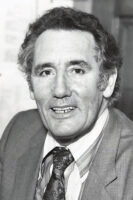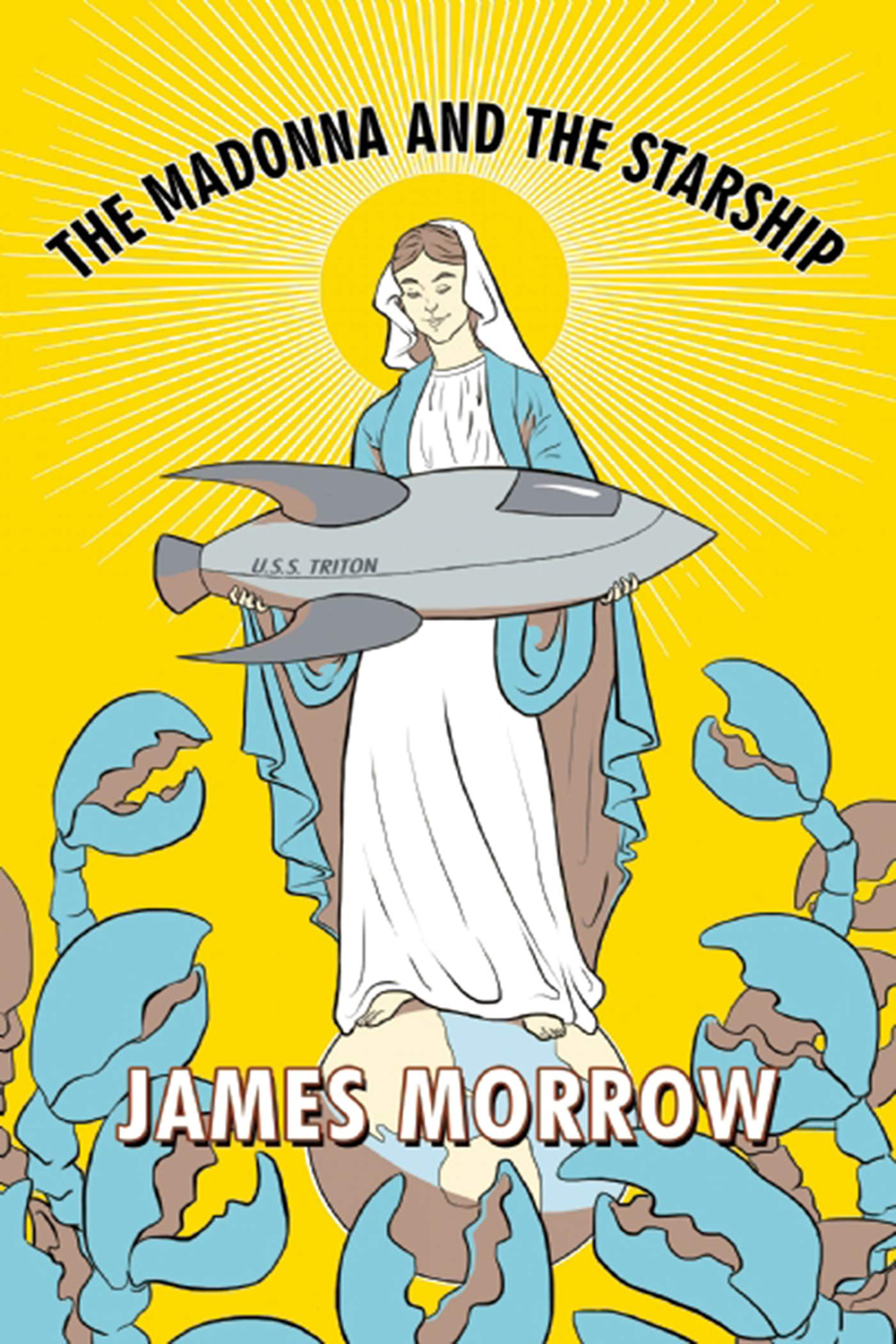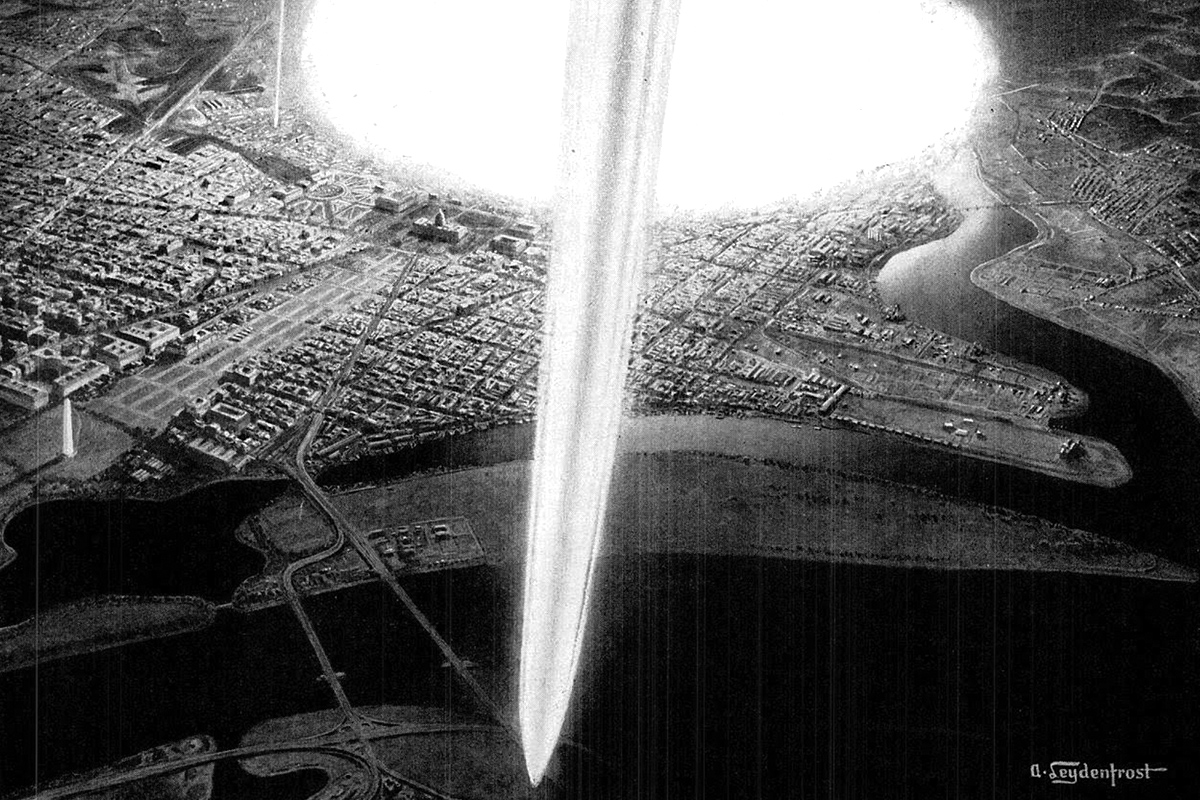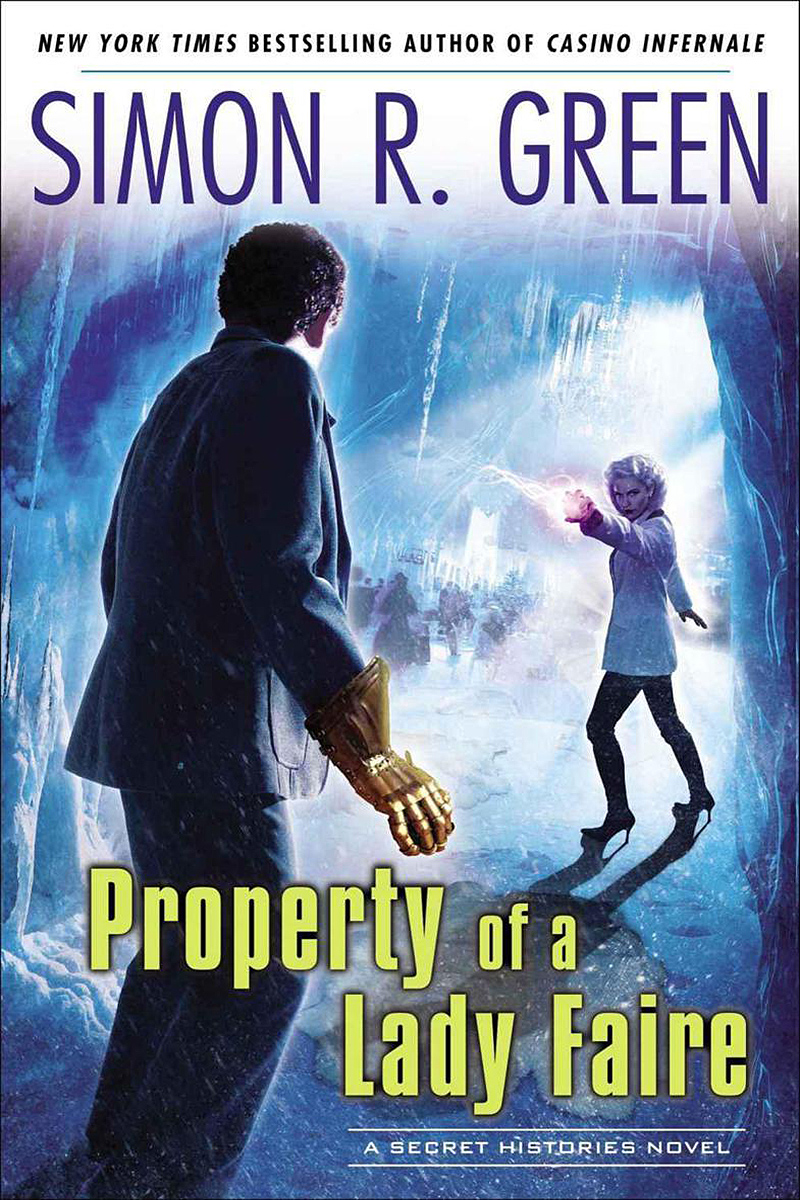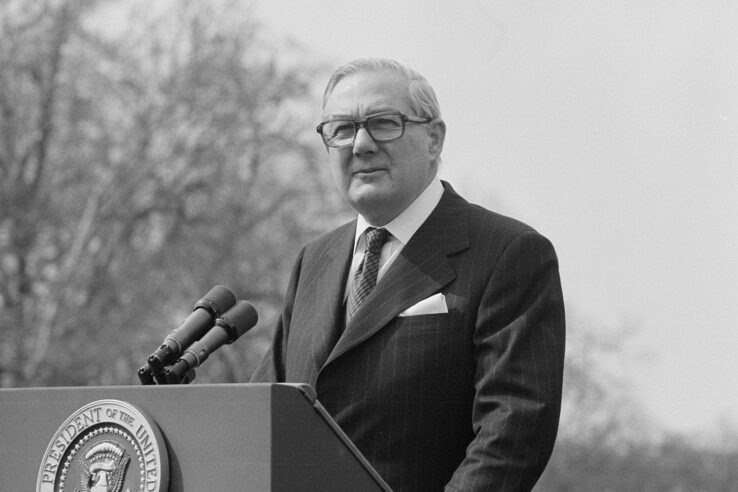
There are few moments in history where you can pinpoint a single decision that brought about momentous changes as a direct result. Even when they are pinpointed, more often than not you find it is not so simple to change it. If a war or an election had gone the other way, it may seem like a single change, but it is so broad as to essential warrant hundreds if not thousands of little changes to actually happen.
Stanislav Petrov deciding not to report a nuclear alarm to his superiors that turned out to be a false alarm is one of these pinpoint moments. A few thousand voters in some marginal constituencies changing their mind thus altering the results of an election is less of a pinpoint and more of a pincushion.
Sometimes, though, an election result can depend on the decision of one person. In 1979, a motion of no-confidence in the Labour Party government led by James Callaghan was passed by a single vote, the resulting general election would be won by the opposition Conservative Party led by Margaret Thatcher. She would lead the United Kingdom as prime minister for eleven years and her party form the government for seven further years.
A single changed vote and the government would have survived the no-confidence vote… but would it have made a difference in the long term? There are numerous possibilities for the vote to be tied. What changes would they have wrought to the history of the United Kingdom if any of them had voted differently on the evening of March 28, 1979?
In a lot of examinations of alternate history, there is a temptation to try and just avoid the event altogether, but in the instance of a no-confidence vote in the Callaghan government it was perhaps inevitable without enough changes in the events of 1978-79 to stop the opposition from calling it.
Background
The Labour government had been elected under previous leader Harold Wilson in the October 1974 general election with a majority of just three seats. By 1977, this had vanished with a series of by-election defeats, and the government was forced to rely on the support of other parties in Parliament.
A pact between the government and the Liberal Party held for a year before lapsing. Afterward the government got by on ad hoc support from the Liberals, the Scottish National Party, Plaid Cymru, the Ulster Unionist Party and others. They had already survived one vote of no-confidence with the support of the Ulster Unionists.
In October of 1978, against all rumors, the prime minister did not call for an early general election, hoping that another year of economic improvement would see them well. Things did not pan out as well as he hoped. The long, cold winter of 1978-79 saw an epidemic of industrial action break out across the United Kingdom, dubbed the Winter of Discontent. It was the culmination of the industrial strife that had plagued the country for the entirety of the 1970s.
Compounding this was the failure of the government’s flagship policy of devolution for Scotland and Wales, failing to meet the requirements of Labour backbenches in the former and being overwhelmingly rejected by the electorate in the latter. The failure of devolution under those circumstances in Scotland convinced the SNP to withdraw support from the government, and it was they who originally introduced the no-confidence motion that was picked up by the Conservative Party.
The vote
The final result was 311 ayes, that the House had no confidence in Her Majesty’s Government, to 310 noes.
There were also four abstentions including the speaker of the House, one Labour MP, Gerry Fitt of the Irish nationalist Social Democratic and Labour Party, and independent Republican Frank Maguire.
This led to a general election in May of 1979 that saw Margaret Thatcher and the Conservative Party returned to government with a majority of 43 seats. It was one of the most transformative UK governments since the Labour government of Clement Attlee in the 1940s. The postwar consensus was finally over and Thatcher’s monetarist, neoliberal policies would become the consensus of successive governments, arguably to the present day.
By 1979, without major changes, the Labour government was likely to face a vote of no-confidence. As described in a prior article in this series, a successful vote for Scottish devolution would not result in the SNP withdrawing support from the government, but the significant change here is devolution in Britain twenty years ahead of schedule.
What other options are there for the Callaghan government to survive the no-confidence vote that saw them fall in history?
With the vote on such a knife edge, there are a few options to have it go the other way. Two more votes for “no” would see it have a majority, but even if one of the votes for “aye” were to abstain, or one of the abstentions were to vote for “no,” it would see a tie in the vote. In the event of a tie, it would be probable that the speaker, George Thomas, would follow precedent and cast his deciding vote in favor for the status quo; meaning he would cast his vote against the motion and keeping the government in power.
What options are there to have the vote tie, or are there any that might have delivered a majority for “no”?
Shifting a single vote
As mentioned, there was a single Labour MP who abstained on the vote, but this was not out of choice. Alfred Broughton, member for Batley and Morley since 1949, was terminally ill at the time of the vote. His doctors were extremely concerned over the state of his health and advised him against travel. Broughton, on the other hand, was more than willing to travel down to London for the vote. Callaghan and others considered it would be obscene to ask Broughton to make the journey, and as a result the government fell. Broughton himself would die five days after the vote.
Broughton’s situation also led to another possibility for the government to survive: Labour whip Walter Harrison, MP for Wakefield, asked one of his opposite numbers in opposition, Bernard Weatherill of Croydon North East, to find a pair for Broughton, upholding a convention whereby members who could not make a vote were paired off with another member on the opposing side. Realizing no Conservative MP would agree to the pair, as it would probably mean the end of their political career, Weatherill offered himself as the pair. Harrison felt he could not ask Weatherill to put his career on the line, so refused his offer. Both Broughton and Weatherill changing the outcome of the vote are dependent on the people accepting their respective offers when they historically did not do so, over matters of dignity and honor. If they did not in our timeline compromise on these matters in those desperate times, it is difficult to imagine them doing so under any circumstances.
Not all chances for the government to survive failed over matters of honor. In several cases, the government was willing to put carrots in front of those they considered may either support them or abstain.
One such example was Liberal MP Clement Freud, Isle of Ely, who intended to vote with the opposition in line with the rest of the Liberal Party. On the day of the vote, he received a request to miss his train from Liverpool to London for the vote in exchange for a watered-down version of a Freedom of Information Act proposed during the Lib-Lab Pact. He declined.
Similarly, there were some discussions between the government and the Ulster Unionist Party, who had supported the government in a prior no-confidence motion in December 1978, over a planned pipeline to Northern Ireland and other benefits across the Sheuch in exchange for support. These plans amounted to nought, it seemed that after several years of promises that were not met, few were willing to take the Labour government at their word.
Northern Ireland does open up other possibilities for the vote to be tied. Gerry Fitt, Belfast West, of the SDLP was sympathetic to the Labour Party, but the proposed changes to the Northern Ireland election boundaries that would have seen more Unionist MPs elected coupled with Roy Mason’s tenure as Northern Ireland Secretary convinced him to abstain.
Frank Maguire of Fermanagh and South Tyrone, an independent, rarely turned up for Parliament. He and his wife traveled over for the vote to, as he explained to a journalist before the vote, “abstain in person.” Still, Maguire might have supported the government were it not for his wife hearing Gerry Fitt speak urging him to not vote. Maguire might be the most likely candidate to tie the vote. If his wife does not make the journey, then she would not be there to urge him to abstain. He had supported the government previously in knife-edge votes.
There are numerous avenues for the government to have survived the vote of no-confidence. However, many of these would be dependent on people sacrificing their principles to keep the government in power against what they did in our reality. This is quite a big change to presume someone would make on the fly without a complete change in circumstances or personality. However, Frank Maguire opens up the possibility for the government to survive by the skin of its teeth, dependent as his abstention is on the presence of his wife during Fitt’s speech.
What would change?
So, the Callaghan ministry has survived another vote of no-confidence thanks to the member of Fermanagh and South Tyrone. What now?
In actuality, not an awful lot might change, at least in the short term. A general election was still due by October of that year and surviving the no-confidence vote would not make voters forget the Winter of Discontent. The trends that gave us the direction of the Conservative and Labour parties in the 1970s were long seeded by 1979, so we might not even see much changes in either of the largest UK parties as a direct result of the no-confidence vote.
Any general election held in October 1979 would likely still see the Conservative Party gain power. In fact, any changes to the election results would likely come for the benefit of the SNP rather than Labour. Without the SNP acting as “turkeys voting for Christmas,” to quote James Callaghan, their vote may not collapse in any October election than it did in the May election. Though they would likely still lose seats due to 1974 being a high watermark for them, but we might see a loss of at most four seats compared with the nine they lost in May 1979 historically.
However, we might still see a few Labour MPs that lost their seats historically hang on in the October 1979 election, but likely not enough to counter the long-term trends in the party.
Margaret Thatcher would still try to enact the same legislation she enacted historically following an October general election. She may have a smaller majority than she enjoyed after the May general election. Potentially, the majority could be as low as fourteen without the no-confidence vote compared with the 43 with it.
This might make the government more vulnerable to backbench rebellions from the so called “wets”. Could the likes of Ian Gilmour, Jim Prior, Peter Walker or even former prime minister Edward Heath have tempered the initial stages of Thatcherism? It is likely their attempts may be met with an even more voracious reaction from the “dries”, but the prospect of a Tory civil war may have profound changes. Before General Galtieri launches his invasion of the Falklands anyway.
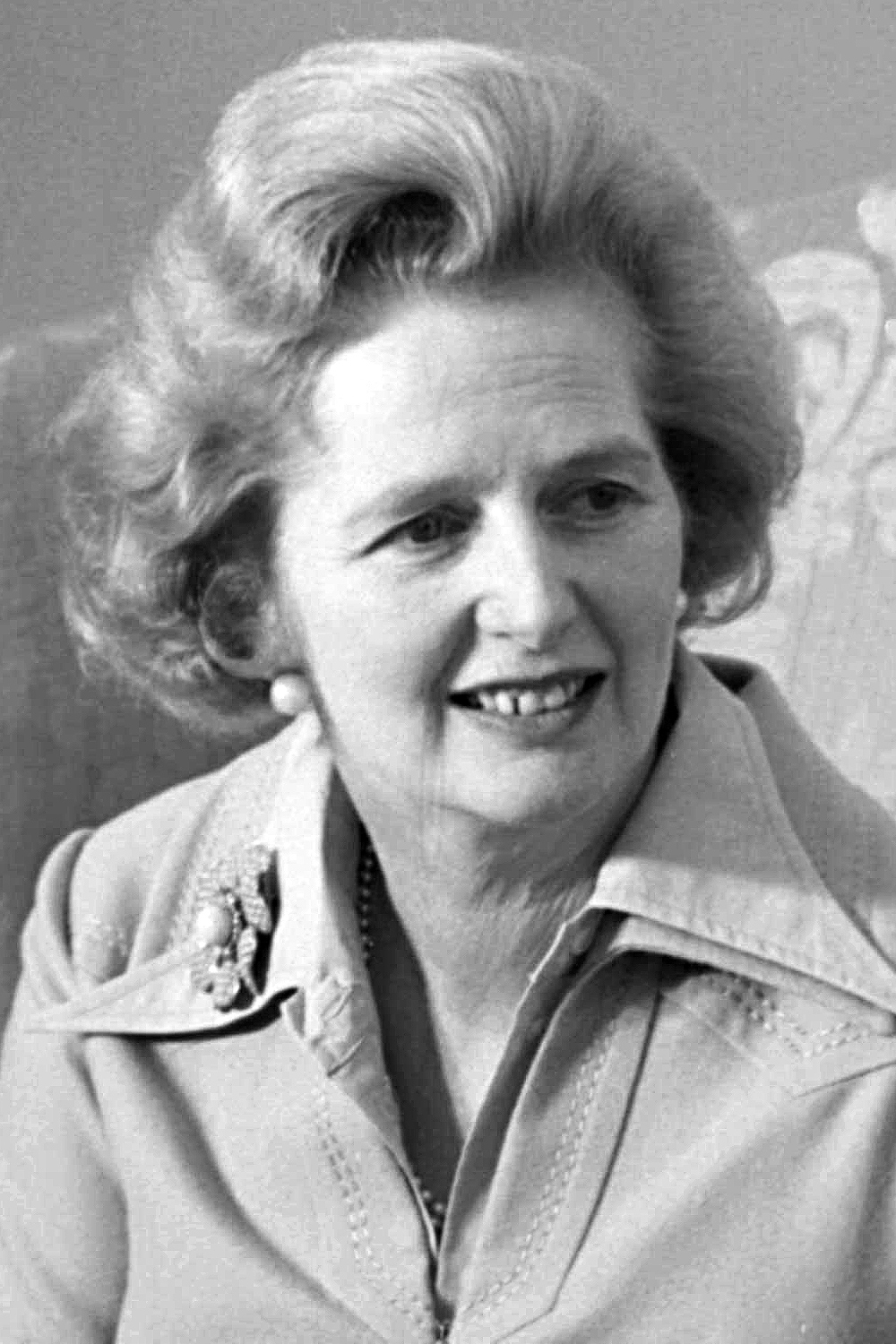
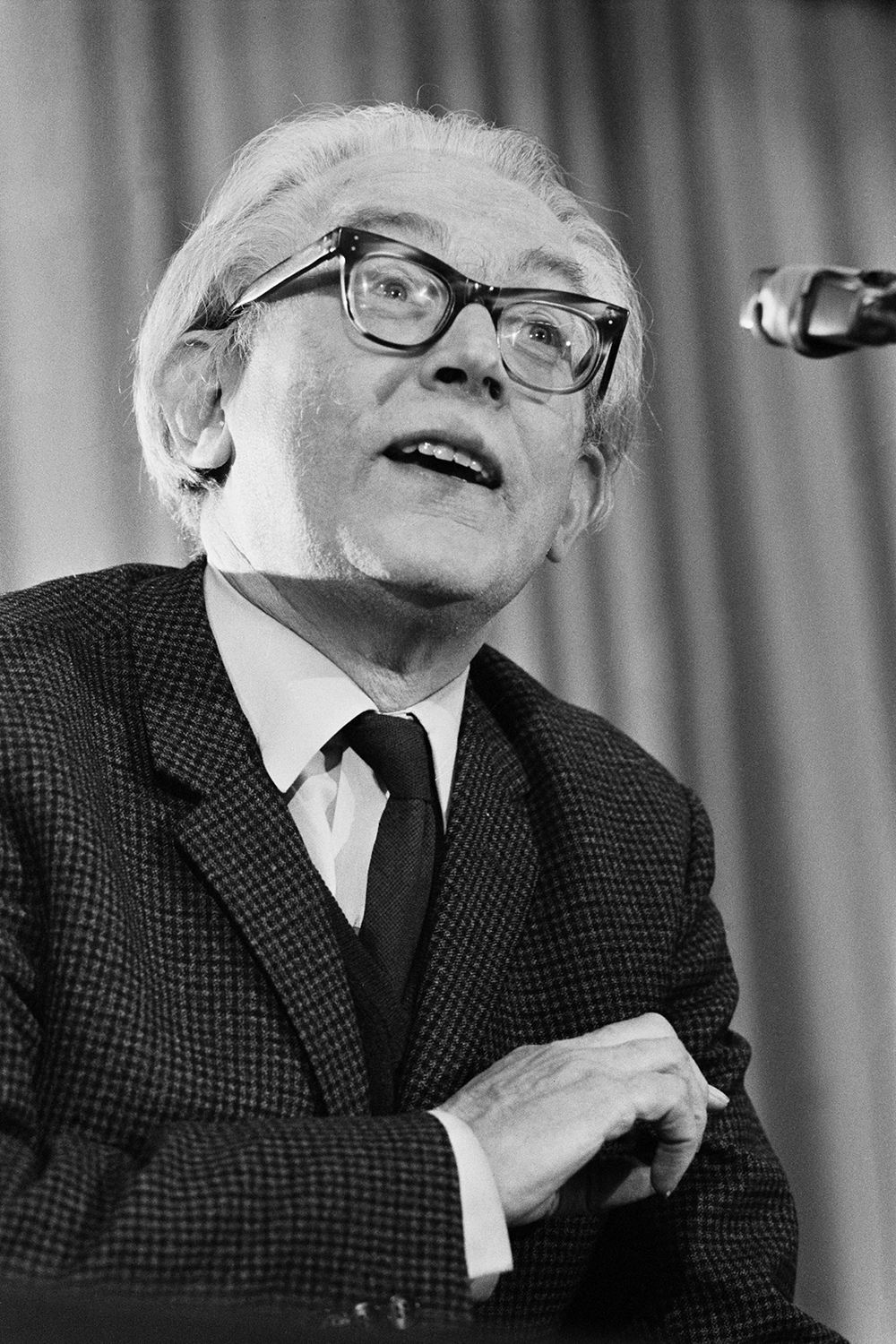
Similarly, even with a few more moderate Labour MPs holding their seats, the long-term trends in the party throughout the 1970s might still give them the election of Michael Foot as leader and the split of the group that became the Social Democratic Party. However, if Callaghan steps down soon after the October election, this might allow for a quick contest that would see Denis Healey emerge as leader.
Historically, Callaghan clinging on to November 1980 allowed the party to get bogged down in internal debates about its future direction. Even though the ballot was only MPs, Foot, persuaded to stand by MPs as the only unity candidate that might stand a chance against Healey, won the resulting contest. Healey had antagonized many of those MPs who were more ideologically aligned with him with his refrain that they had nowhere else to go if they did not vote for him. When Mike Thomas, Newcastle East, defected to the SDP, he sent Healey a telegram saying he had “found somewhere else to go.” Indeed, many future defectors to the SDP had intentionally voted for Foot over Healey to hobble the Labour Party.
The defections of moderate Labour MPs are also likely to still occur, with several dress rehearsals and failed attempts already having happened in the 1970s.
Northern Ireland
Even with the government surviving the vote of no-confidence in March 1979, it is likely that the next general election would have returned a Conservative majority government. The likelihood of a Falklands invasion to seemingly legitimize the Thatcher government is still high, negating any potential for government conflict in the Conservatives. It is further likely that the simmering strife within the Labour Party would still have boiled over shortly after going into opposition. However, it may turn out that the Labour government surviving is of less importance than who it was that propped them up.
Frank Maguire was an independent republican member of Parliament who had been selected as a unity candidate for Fermanagh and South Tyrone, which had a close split between Irish nationalist, republican and unionist voters. Although not abstentionist, he made infrequent appearances in Parliament. His death in 1981 led to one of the most significant by-elections in the history of Ireland and the United Kingdom.
At the time he was a pub landlord, but in his youth had been a member of the Irish Republican Army and was interned without trial. He later opposed violence but remained committed to republicanism and made very few appearances in the House of Commons. Seemingly an odd choice to prop up a British government, but he had supported the government on knife-edge votes previously. He might have done so again had Gerry Fitt not swayed Maguire’s wife unintentionally that he should abstain. To do so when Fitt had made so impassioned a plea against voting in favor of the government may have hurt Maguire’s chances at reelection.
Though Maguire’s status as a unity candidate held up for the May 1979 general election, he did face a challenge from future Irish minister for justice Austin Currie standing as an independent SDLP candidate. Currie carried 17 percent of the vote, but had an official SDLP candidate stood the most likely outcome would be to split the vote between Maguire and the SDLP candidate, allowing the UUP candidate, Raymond Ferguson, to be elected.
Without Maguire dying in 1981, we would never have the April 1981 by-election in the constituency that saw imprisoned IRA member Bobby Sands elected while on hunger strike as a unity Anti H-Block candidate. Sands himself would die only 26 days later while still on hunger strike, but the results of the by-election were profound on the history of Northern Ireland.
The election of Sands saw Sinn Féin begin contesting elections in both Northern Ireland and the Republic of Ireland; the beginnings of the Armalite and ballot-box strategy by the IRA and Sinn Féin that was to become so identified with the Troubles. This saw Sinn Féin quickly displace the Irish Independence Party (formed from a merger of the Unity and Nationalist Parties in the late 1970s), who had made gains in the 1981 local government elections as the main republican party, and in the 1982 Assembly elections, which the IIP boycotted. Later still Sinn Féin would effectively displace the SDLP as the main nationalist party in Northern Ireland.
If Frank Maguire were to support the government in the 1979 vote of no-confidence, he might have lost his seat in the October general election with an SDLP candidate splitting the vote and allowing a UUP candidate to be elected. This would mean Maguire would not die in office in 1981 and have the resulting by-election see the election of Bobby Sands, the inspiration for Sinn Féin to begin contesting elections and changing the trajectory of Northern Irish history.
Summary
The 1979 vote of no-confidence in the Callaghan government is one of the watershed moments in the history of the United Kingdom. The BBC called it “one of the most dramatic nights in Westminster history.” It had been immortalized as a stage play, and former Labour deputy leader Roy Hattersley referred to it as “the last rites of Old Labour.” The vote was so close that even a single abstention voting for “no” would have tied the vote and forced the speaker to cast the deciding vote in the government’s favor.
However, this may not result in many changes to what happened historically in 1979. The Conservative Party would likely become the government after that general election that was due by October of that year and the trends in both the Conservative and Labour parties that led Thatcherism, Foot’s leadership of the Labour Party and the SDP split were already in place.
If it is independent republican MP Frank Maguire that saves the Callaghan government, he may find himself losing his seat in October. This would have profound effects on the history of Northern Ireland as it was Maguire’s death that led to the by-election that saw Bobby Sands elected while on hunger strike and convinced Sinn Féin of the benefits of standing candidates in Northern Ireland.
Changing this watershed moment in the history of Britain may have profound effects very quickly, but they might not be felt in mainland Britain.
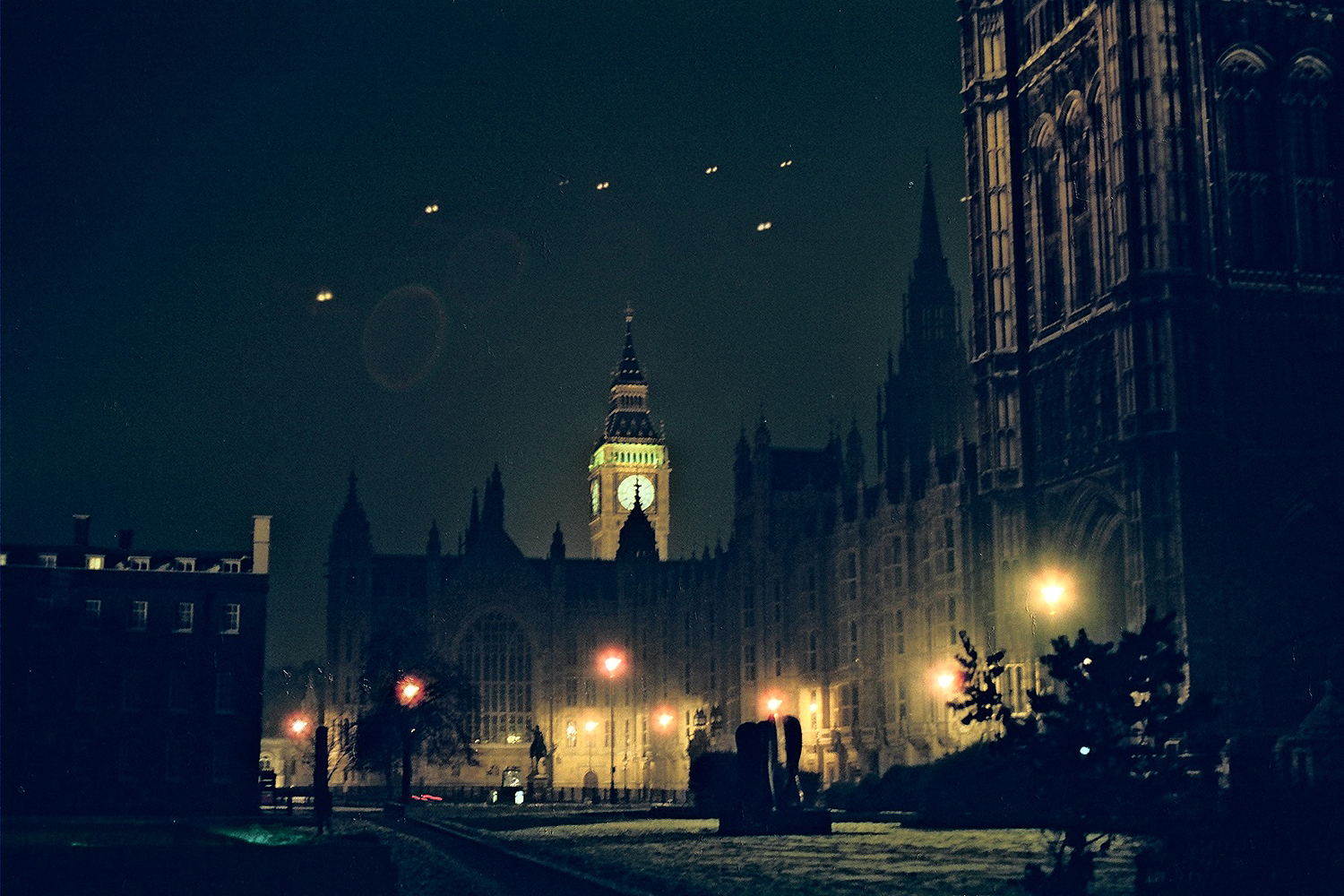
This story was originally published by Sea Lion Press, the world’s first publishing house dedicated to alternate history.



